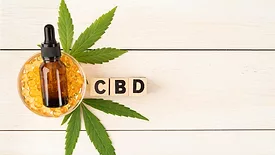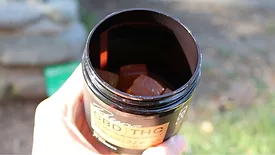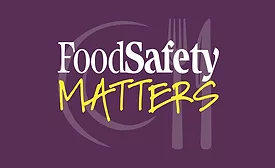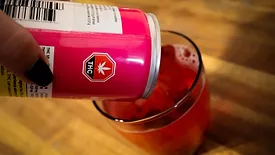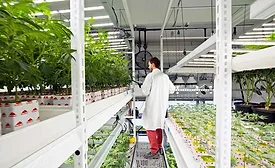Home » Keywords: » cannabis
Items Tagged with 'cannabis'
ARTICLES
Cannabis Innovation From a Regulator's Perspective
Each novel cannabis product that hits the marketplace introduces a new series of questions regarding product safety and efficacy
February 10, 2025
BIZTRACKS
AOAC Gains Accreditation for Cannabis and Hemp Oil Proficiency Testing
December 4, 2024
Cultivating Cannabis Regulations: Ensuring Food Safety in an Evolving Industry
With the proliferation of cannabis legislation in many U.S. states, there is a need to address food safety oversight through a federal regulatory framework
December 12, 2023
Packaging and Labeling Requirements for Cannabis-Infused Edibles
Many similarities exist between the packaging and labeling of cannabis-infused edibles and those of food and pharmaceuticals
August 8, 2023
IMAGE GALLERIES
Slideshow: Aligning cannabis edibles and beverages production with FDA standards
Equipment, technology and more featured in the "Aligning cannabis edibles and beverages production with FDA standards" article.
Never miss the latest news and trends driving the food safety industry
Newsletters | Website | eMagazine
JOIN TODAY!Copyright ©2026. All Rights Reserved BNP Media.
Design, CMS, Hosting & Web Development :: ePublishing
